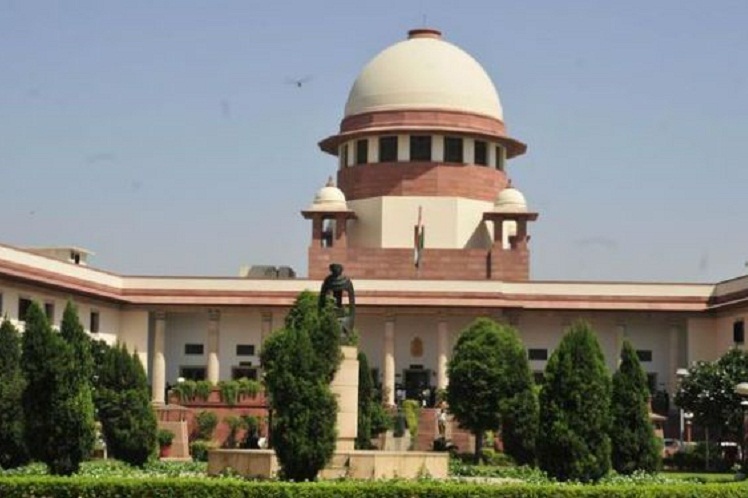The petitioner urged that divorces granted by canonical courts should also be recognised as valid as was the case with 'triple talaq' under the Shariah law.

A bench of Chief Justice Jagdish Singh Khehar and Justice D.Y. Chandrachud dismissed the public interest litigation filed by Bengaluru-based Clarence Pais, who urged that divorces granted by canonical courts should also be recognised as valid as was the case with 'triple talaq' under the Shariah law.
The petitioner contended that if divorce decrees passed by ecclesiastical courts were not recognised by the civil courts, a large number of Christian men will face prosecution for bigamy under the Indian Penal Code if they remarried after getting favourable divorce decrees from the canonical courts.
Section 494 of the Indian Penal Code prohibits and punishes remarriage if a surviving spouse and a valid marriage are surviving.
Section 494 deals with marrying again during the lifetime of husband or wife. "Whoever, having a husband or wife living, marries in any case in which such marriage is void by reason of its taking place during the life of such husband or wife, shall be punished with imprisonment of either description for a term which may extend to seven years, and shall also be liable to fine."
Under the Christian canonical law, Catholics are required to marry in a Catholic church and the same could be dissolved by the canonical court only. The marriage and its dissolution by any authority other than the church is not recognised by it.
Pais had sought declaration of the canon law as the personal law of Catholic Christians in India and that the dissolution of marriage by these courts as binding and recognised.
The petition cited Article 372 of the Constitution, which provides for continuance of several existing laws and their adaptation even after coming into force of the Constitution.
Article 372 says: "Notwithstanding the repeal by this Constitution of the enactments referred to in Article 395 but subject to the other provisions of this Constitution, all law in force in the territory of India immediately before the commencement of this Constitution shall continue in force therein until altered or repealed or amended by a competent legislature or other competent authority."
Referring to Article 372, the petitioner said, "All the laws in force include not only the enactment of the Indian legislature but also the Common Law of the land which was being administered by the courts in India. This includes not only the personal laws — namely the Hindu and Mohammedan laws — but that of Indian Catholic viz. the Canon Law…"